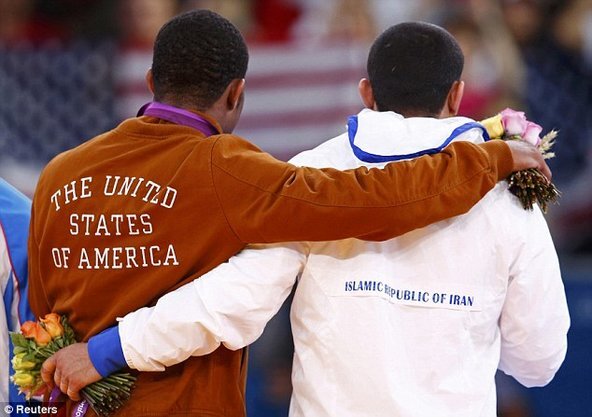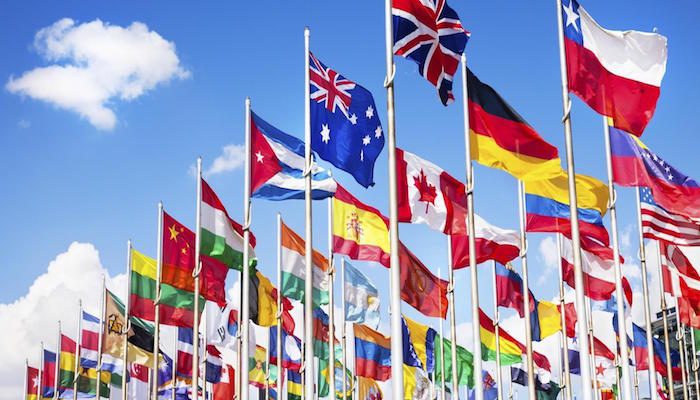New types of diplomacy, including digital, health, cultural, and, most significantly, sports diplomacy, have evolved as a result of increased globalization brought about by commerce, travel, and media. Sports diplomacy is unrestricted, in contrast to other types of diplomacy, since they are an international phenomena that cuts beyond language, national, and cultural barriers. True sportsmanship encourages camaraderie, respect, and tolerance among other universal qualities, much like the goals of conventional diplomacy. As a result, utilizing sports as a diplomatic instrument is natural and effective in fostering international understanding.

A new name for an ancient tradition, sports diplomacy refers to the special ability of sport to unite people, communities, and nations through a common love of physical activity. Due to the lack of a solid theoretical foundation, this power to bring disparate people together, further foreign policy objectives, or support sport for developmental activities elusive. However, there are different theoretical frameworks like traditional sports diplomacy, modern sports diplomacy, sport-as-diplomacy, and sports diplomacy which are starting to take shape. These new frameworks help to clarify the complicated terrain where sport, politics, and diplomacy collide as well as the drawbacks of utilizing sport as a tool to bridge and mediate gaps between individuals, no state actors, and governments. There has never been a more crucial time for sport. The 21st century has so far been characterized by fragmentation, reflection, and the nation-withdrawal states from the globalization agenda. In such a setting, international relations academics, students, and practitioners are starting to reevaluate how sport may be utilized to address issues like gender inequality, climate change, and the UN Sustainable Development Goals, among others. Focusing on the diplomacy, diverse networks, and processes associated with the role sport may play in addressing the enormous conventional and human security concerns of our day will help to strengthen these integrative, beneficial activities.

Although a country’s government often engages in sports diplomacy on a bigger scale, a variety of actors, including individual athletes and professional or amateur teams, can advance the idea. Additionally, think tanks, NGOs, and other private ventures within the private sector can help a government’s efforts and adopt sports diplomacy within their fields of specialization. To engage in this form of diplomacy, you don’t need to be a diplomat. Sports are borderless and transcends cultural barriers. Sports diplomacy may therefore take place whenever and whenever. Along with major sporting events, sports diplomacy may also take place in educational institutions as part of exchange programmers for athletes or through seminars that focus on sports and can be offered by both public and private sector projects. Sports may not cause significant changes in geopolitics, but they do promote interpersonal communication, which can change attitudes and perspectives. Meeting, or competing against, individuals from nations that have been unfairly stereotyped by the media or the government humanizes the opponents, creates chances for understanding, fosters connection through shared interests, and makes friendships easier. A more recent instance of sports diplomacy happened when the national soccer teams of Turkey and Armenia were scheduled to compete against one another in a 2008 World Cup qualifying game. Armenians have sought formal, worldwide acknowledgement of the 1915 ethnic purge and deportation of more than one million ethnic Armenians by Turkish Ottoman forces as a genocide for more than a century. Other than that Pakistan and India play many games together like cricket is also a gesture of sports diplomacy. His Olympic Games are the earliest and maybe finest example of sport diplomacy. The Olympic Truce has been a part of the Olympic Games since they first began in Ancient Greece. The purpose of the Olympic Truce is to guarantee the security of athletes’ and fans’ transit to the Games in conflict zones. People are able to set aside their differences and join together during the Olympic Games in the spirit of global collaboration. People come together via sports at international contests such as the Olympic Games.

Research Associate, Pakistan House



